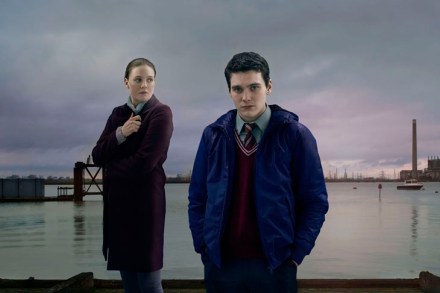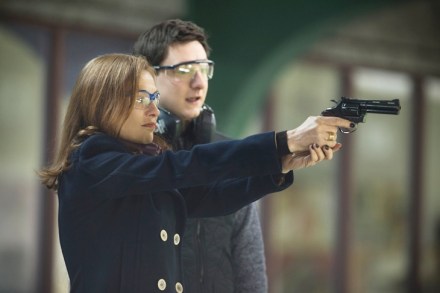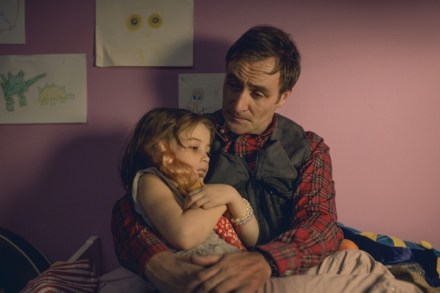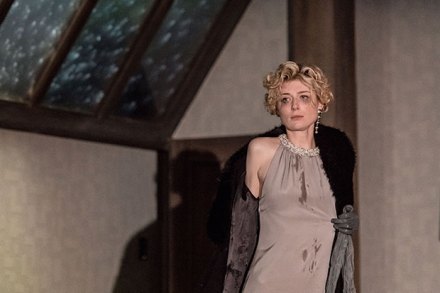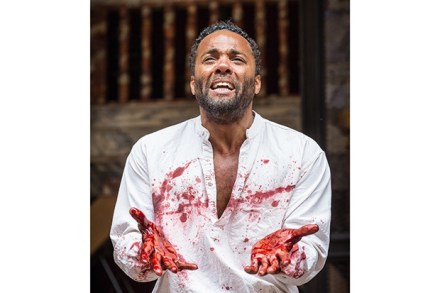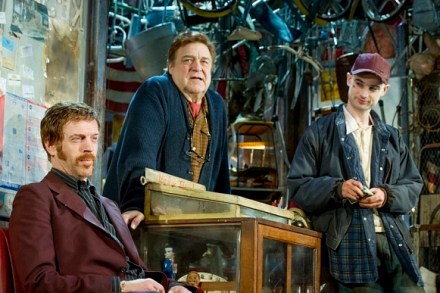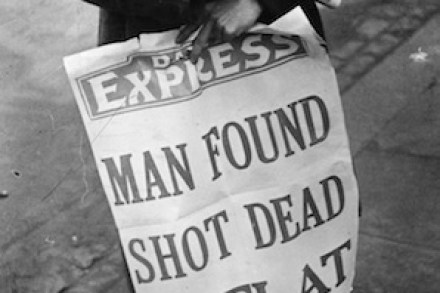Another gone girl
Adam Thorpe’s latest novel, Missing Fay, examines the lives of a disparate group of people in Lincolnshire, all touched in some way by the disappearance of the titular Fay, a sparky, gobby 14-year-old girl from a council estate. This is an England of motorways, dull campsites, immigrants and nursing homes: where transience is the norm, where those who sit still gently simmer. The landscapes and interiors are rendered with the delicate strokes of a painter, whether the bucolic tainted by sudden violence, the ancient streets of Lincoln, or the underpasses and playgrounds haunted by local youths. In contrast, played out on televisions in the background, are the Davos summit and



